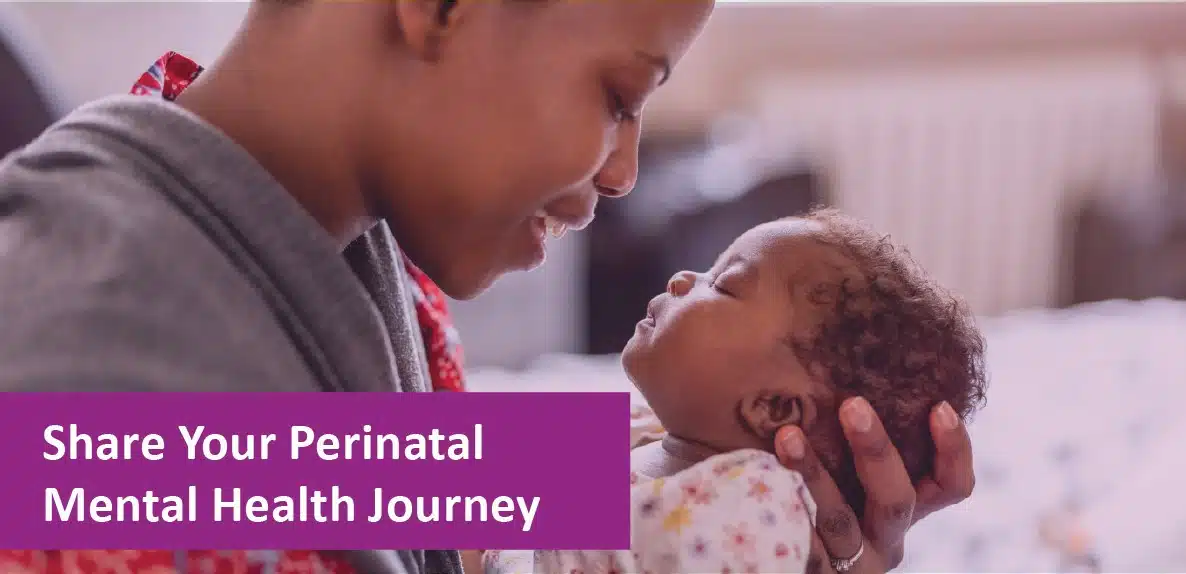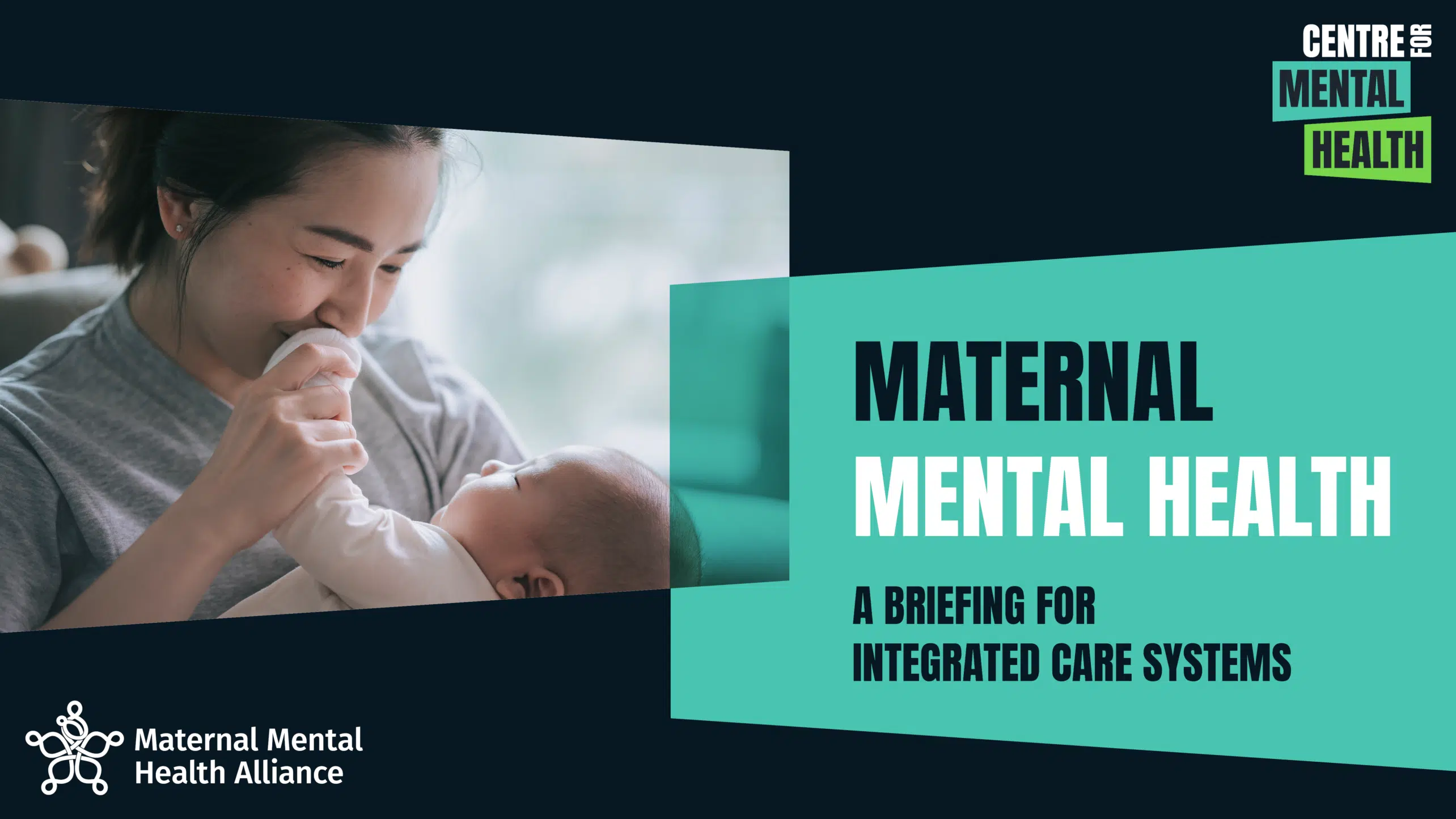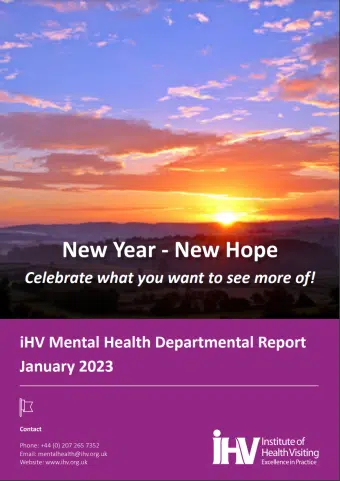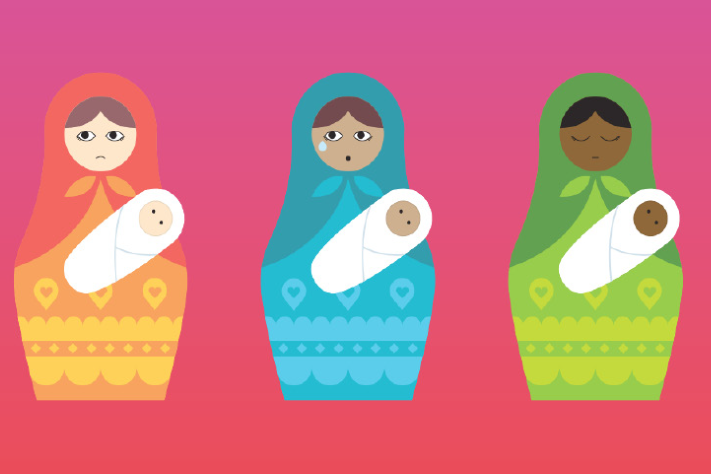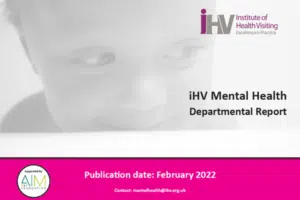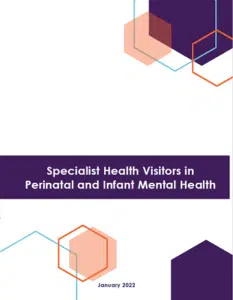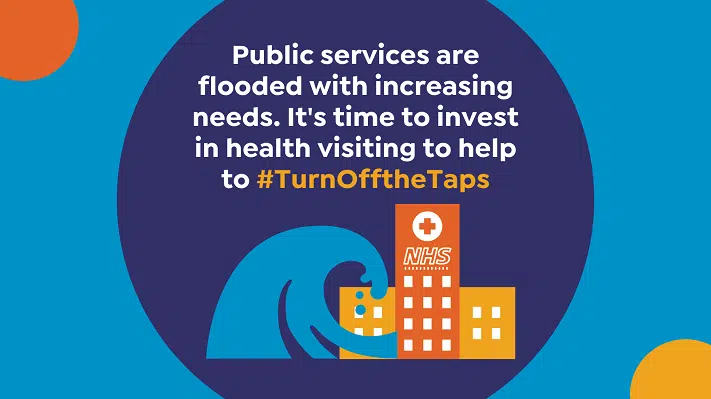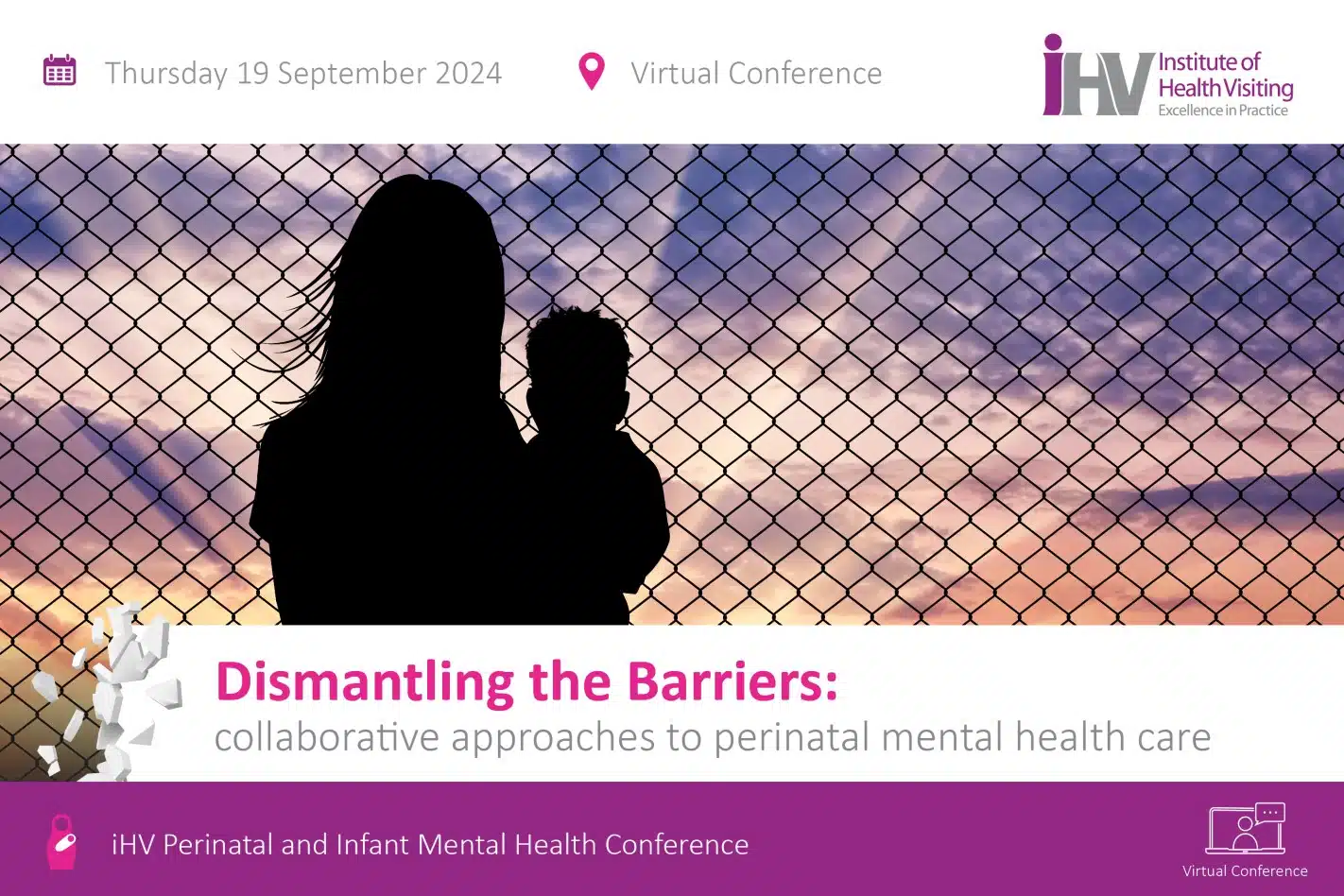
We are delighted to announce the launch of our 6th annual Perinatal and Infant Mental Health (PIMH) Conference ‘Dismantling the Barriers: collaborative approaches to perinatal mental health care’, taking place on Thursday 19 September 2024 as a half-day virtual conference.
Anyone can experience mental health problems during pregnancy or after having a baby. Without adequate support these problems can impact negatively on short and long-term outcomes for the whole family. Stigma and fear of child removal remain significant barriers to families seeking support for perinatal mental health concerns. Some families are at greater risk of experiencing poor mental health, particularly where they face multiple disadvantages and systemic inequalities. They’re also less likely to be offered the care they need.
Evidence suggests that improved professional competence, closer multi-agency working and training, and collaboration with parents from diverse backgrounds can improve outcomes for families experiencing poor perinatal mental health, particularly where multiple adversity exists.
This conference will focus on raising awareness of families whose perinatal mental health needs are less well met and understood. It will be suitable for all practitioners working with families in the perinatal period as well as service leads, commissioners, researchers and policy makers.
We are delighted to have expert speakers sharing their experiences about:
- Young parent families
- Gypsy Roma and Traveller families
- Families with mothers in prison
- Asylum-seeking families
By considering recommendations from recent research, reflections on best practice examples and powerful accounts from parents, we’ll think about how we can work together to improve experiences and dismantle barriers for these families in receiving equitable, high quality perinatal mental health care.
If you are passionate about improving the emotional health and wellbeing of all families, then book now and join us for what promises to be a dynamic and inspiring event!
Don’t miss our special early bird ticket rates, available until 19 July 2024 – book your place today! In addition, group bookings of 5 or more will receive a 15% discount off the total order when booked at the same time.


